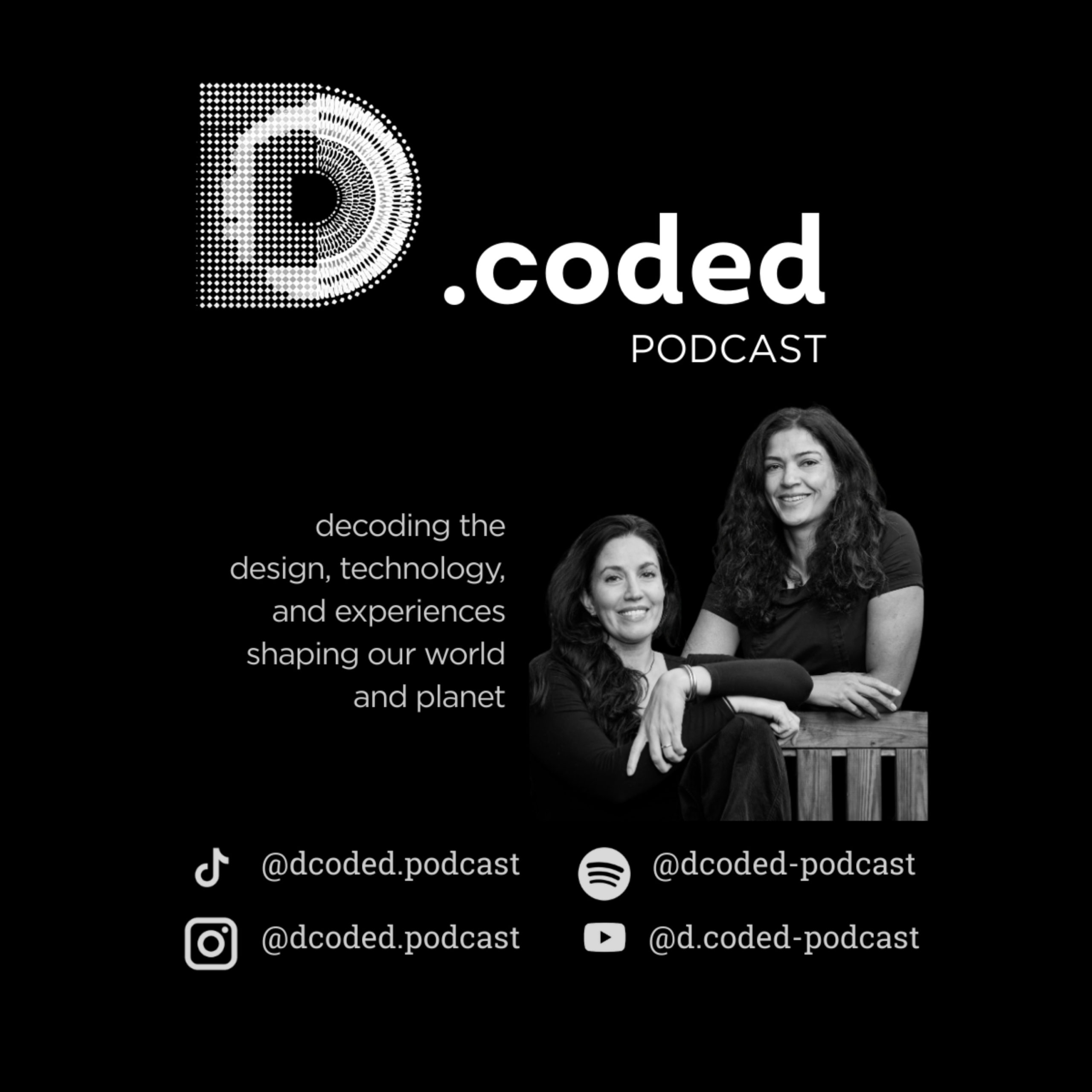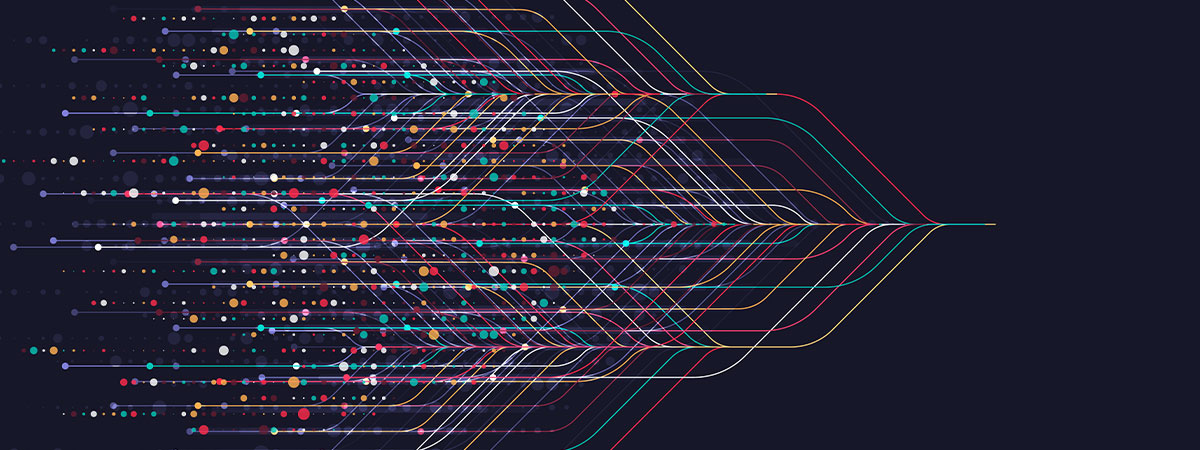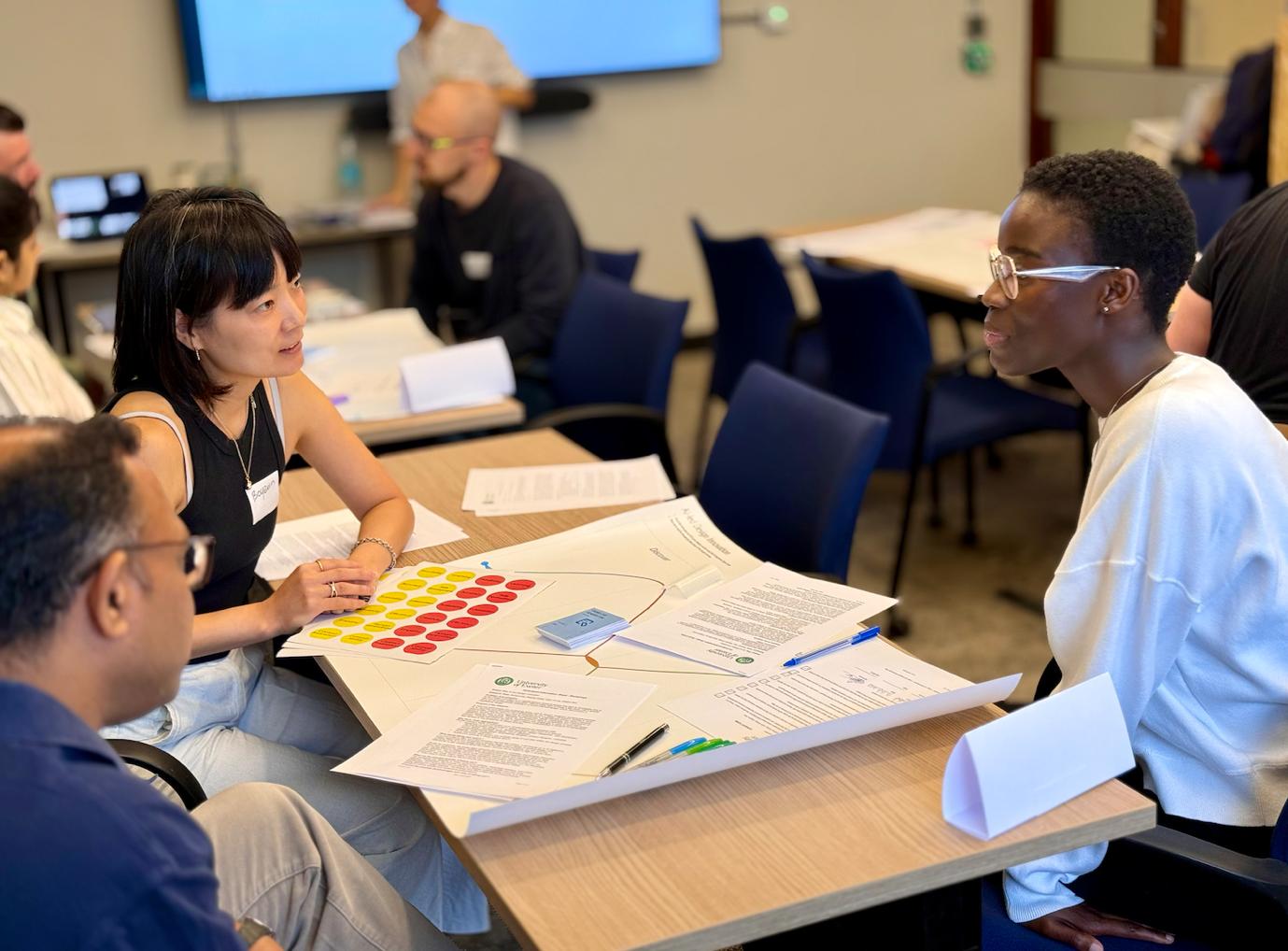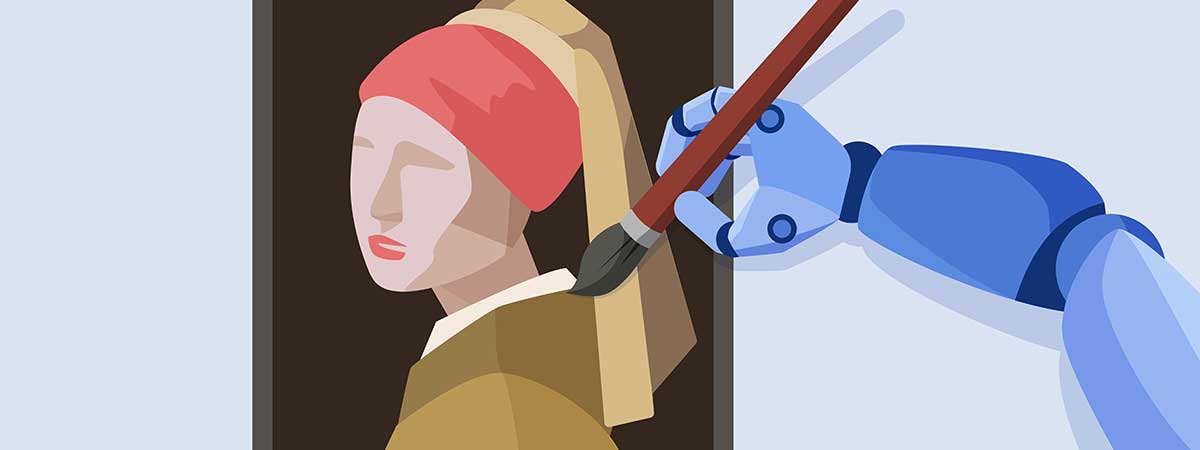If we think of the current era as a “digital revolution”……and I do….then one of the consequences is a period of uncertainty and instability. Witness the significant backlash occurring on several fronts as many people begin to realize that extent of the digital data gathering, monitoring, and analysis going on today. It is believed that the majority of data now being collected can loosely be described as “personal data” (information that relates to an identified or identifiable individual). So what are an individual’s rights over this data?
Plenty of interesting examples are now arising that push the boundaries of this question. Perhaps this starts with a more fundamental concern: we don’t even understand who is watching whom, and how we govern that. Take the case of facial recognition in places like airports. DO we know what is being captured and how it is being used? What rights do we have if we want to avoid that? It beats me.
https://www.theguardian.com/technology/2019/jun/05/airlines-facial-recognition-privacy
It seems that more people are beginning to question this kind of surveillance and the digitally-fuelled monitoring that surrounds it. That includes the “Net-generation” that Don Tapscott defined as the very people driving the digital economy. Among 18-24 year olds it has been found that there is a growing “frustration and disillusionment with the way organizations have accumulated real-time information about consumers without their knowledge and often without their explicit consent”.
Perhaps the next big entrepreneurial opportunity lies in solutions to help you ensure you are not tracked, your data is not being sold, you know how your data is being shared, and you’re able to force organizations to “forget” things you don’t want remembered! Initiatives such as Sir Tim Berners-Lee’s SOLID and our work in the Hub-of-all-Things may provide some insight into ways of managing personal data. But we’ve a very long way to go to understand how this will play out.





